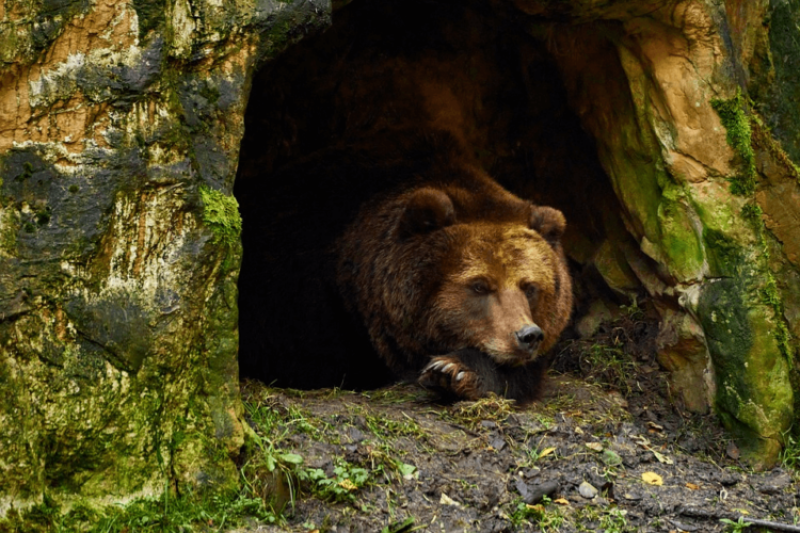Scientists reckon adopting a bear’s winter-time cave shutdown would allow humans to travel vast distances into the Solar System so they wake up fresh and rejuvenated at their destination.
Hibernating is set to become an essential aspect of deep space travel.
A single astronaut consumes 30kg – 66lb – of food and water-a-day which over 16 months round-trip to Mars which fill a giant spaceship.
But hibernating astronauts would not eat or drink much or need as much oxygen.
Hibernating animals enter a special state called a “torpor” in which their metabolism slows and heart rate, breathing and body temperature falls.
…
Neuroscience and cell biology professor Jüergen Bereiter-Hahn (corr), of the space agency’s hibernation research group, said: “If you stayed in bed for several months you would lose a great deal of muscle tissue over that time.
“This strong reduction of tissue during long periods of disuse is almost completely avoided during torpor which means astronauts coming to Mars should be in good shape and shouldn’t need a very long time to recover.”
Studies have also shown scientists can use drugs which act on the brain to induce torpor in normally non-hibernating animals like rats.
Cooling the body down to reduce a body’s demand for energy and oxygen could also induce a torpor-like state.































